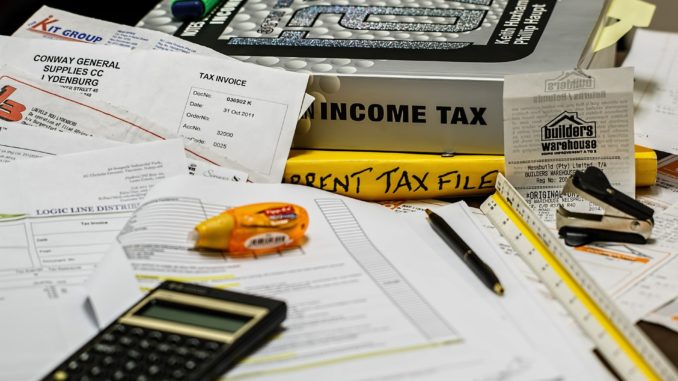
For the self-employed, January means one thing: self-assessment. Lee Murphy, founder of accountancy software provider Pandle, gives some advice on how you can simplify the tax-paying process and reduce the self-assessment blues
With Christmas a distant memory, for many self-employed healthcare professionals and practice owners, Santa’s visit will be closely followed by that of the taxman at the end of January. If you are one of the 11 million people who is required to complete a return, you have just a few weeks to get organised.
Anyone who is not taxed at source (those people not covered by PAYE) is required to complete a self-assessment return by the end of the month. If you earn income from other sources- for instance from letting a holiday home – you will also need to complete a return. The return completion deadline is also a tax payment due date.
If you have left it to the last minute to do the sums, don’t panic – you are not alone. According to HM Revenue and Customs (HMRC), 4.85 million people waited until January to complete the return last year. Some 746,000 missed the deadline, each risking a £100 fine.
Here’s some practical guidance that will help you through the process and, who knows – you may find you owe less than expected.
Get organised
HMRC will want to know your total income for the financial year to 30 April 2018. For sole traders, such as locum doctors, total income is calculated as being money earned minus business expenses. You should also keep a copy of your locum A and B forms as the amount of pension contributions you have made can be claimed for tax relief.
If you’re a limited company director, who takes a salary from your business, you will need your P60 as a record of your income from your employment as well as any expenses and the tax you’ve already paid in the self-assessment year. Limited company directors will also need to keep records of dividend payments issued during the year.
Anyone completing a return will also need to declare any other sources of income, such as interest earned on savings, rental income plus any royalties; in addition, you will need details of charitable payments, such as GiftAid.
Expenses records
Getting to grips with your expenses will help you reach your total income figure – which is important, as you will only be taxed on your profits.
For sole traders the process is straightforward; simply add up all business outgoings and put the total on your self- assessment form.
For limited company directors, the process differs slightly because expenses will have been reimbursed by the business account, with remaining profits taxed. If in doubt, it is always best to check.
Expenses could include travel costs, such as going from surgery to surgery, or visiting patients. Make sure you keep records of your business travel as you will be able to claim a mileage allowance as part of your return.
If, like thousands of other healthcare professionals, you have an office in the home (which could simply be an area set aside for work) your business can pay you up to £4 a week towards the cost without HMRC requiring receipts under ‘business use of home’.
You’ll need to provide receipts for anything above the £4 threshold and you can’t claim for fixed costs, such rent or council tax.
Get with the digital age
Even if you have left it late to get organised, there is plenty of help online to assist you – and a lot of it is free of charge. For instance, if you have a big box of receipts and paperwork saved up, then simple accounting software can help you speed up your bookkeeping tasks, saving you a huge amount of time.
With the use of functions such as ‘automatic bank feeds’ and ‘file imports’, transactions can be categorised in seconds meaning you have more chance of making the deadline.
Due to the nature of bookkeeping software it will also reduce the scope for error – ensuring that you pay the right amount of tax and reducing your risk of an unwelcome call from HMRC wanting to come and see you!
What if I missed the deadline or I can’t afford to pay?
There are any number of reasons why you may have missed the deadline; it would be wise to contact HMRC if you do so. If money is tight, and you are unable to pay, you may be able to agree an extension or to pay in instalments. Do not ignore the problem.
Getting your finances in order now will help you meet the deadline and will put you in a good position for the year ahead. Don’t leave it for another day.
Don’t forget to follow us on Twitter, or connect with us on LinkedIn!

Be the first to comment